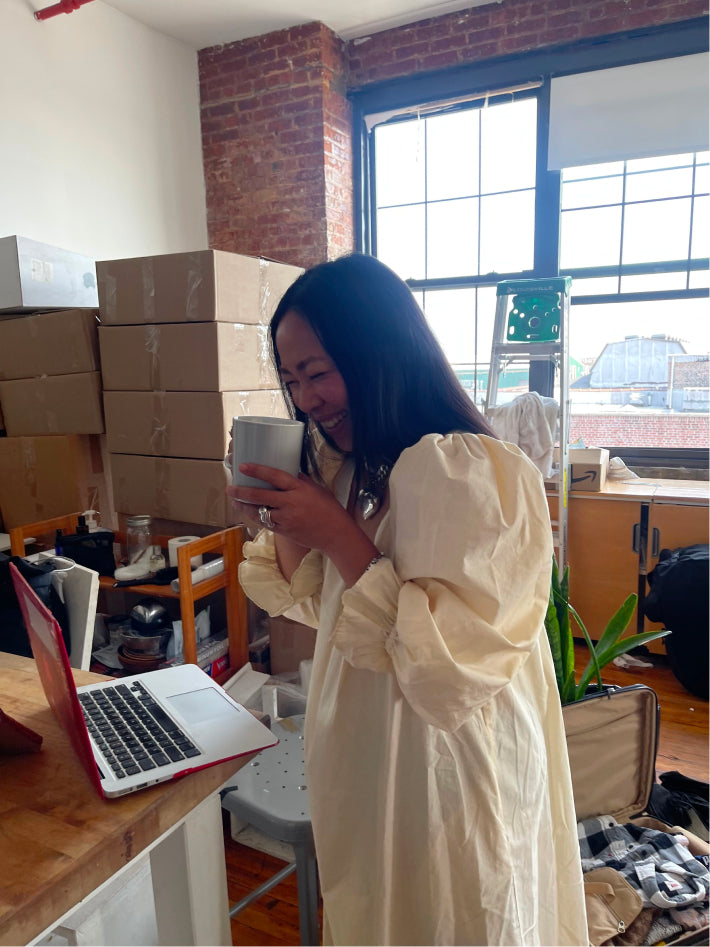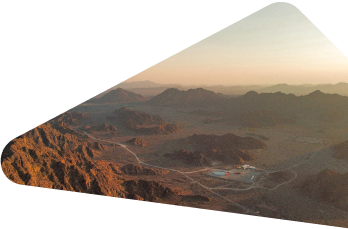Our Factory: Nana Atelier

Nana Atelier
Nana Atelier developed from a frustration in the lack of cultivation of technical talent and skill in Los Angeles. Upon Alnea's return to Los Angeles, she found herself unable to tolerate the low standards of the small and dysfunctional garment manufacturing factories. She and her partner made the decision to open Nana in 2017, in order to create a space with better practices to produce her garments and provide a safe working environment for members of the community.
Nana Atelier’s mission as a manufacturer is not to hail itself as a savior to the garment industry in Los Angeles – rather, the goal is to normalize fair and just treatment of other human beings within the garment manufacturing field. Alnea aims to bring dignity and strength back to the arduous work of garment manufacturing through fair treatment, fair wages and clean environment.
Philosophy and Company Values
Spaces, Ethical Treatment, & Environment
Nana aspires to create beautiful, mindfully crafted garments in a clean, beautiful space where every participant in the process is treated equally and fairly. After witnessing dozens of sweatshop-like conditions in Los Angeles, Alnea began Nana Atelier with the understanding that space can be a form of oppression; unlike many other Los Angeles factories, our machinists and technicians are able to work in an expansive and safe factory.
Alnea herself has walked and toured factories in Los Angeles with horrible conditions that designers would never agree to. On top of these conditions, there has been a deepening disparity and gap between the creators and the customers – a lack of empathy and understanding for the real humans behind the products.
The philosophy behind Nana is “Made in Los Angeles.” There is a dark human side of this business: the oppression and abuse that comes with production and demand. Starting her own brand and working with her own factory has allowed Alnea to combat these infringements by working in accordance with her principles and values.
Alnea’s companies do not claim to be completely environmentally sustainable – it’s impossible for any clothing brand to be 100% sustainable and it’s unproductive to claim to be. Waste is produced from production; energy and resources are being used. However, through her signature, oversized designs and creating multiple styles in the same fabric, she is actively making sure to utilize what she has at its highest potential. By working and designing right next to her factory, she has control over where the waste goes to and how it is being recycled and collected. There is currently no way to recycle small fabric scraps, however, Nana donate large, unused rolls of fabric to local schools.





















































































































